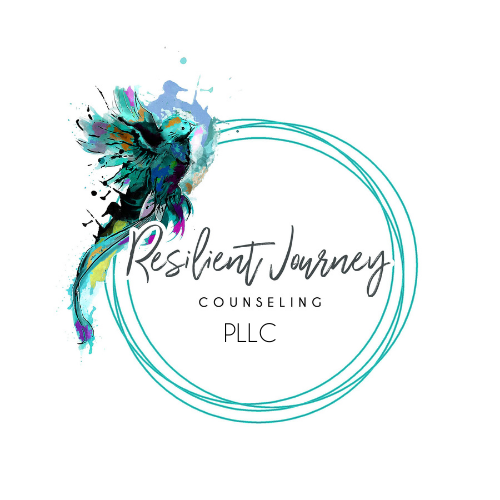Your “sense of self” is the internal compass that guides your decisions, shapes your beliefs, and defines who you are at your core. It’s a combination of your values, interests, and the unique experiences that make you, you. When you have a strong sense of self, you’re grounded in your identity, which allows you to navigate life’s challenges with confidence and clarity.
Having a well-defined sense of self is crucial for mental and emotional well-being. It provides stability and resilience, especially in the face of adversity. For those who have experienced trauma, this sense of self can become fragmented or lost, making it difficult to know where you stand or who you are beyond the pain. Rebuilding this foundation is a vital part of healing, as it helps you reclaim your identity and find your voice again.
However, many people struggle with developing a strong sense of self, often due to past trauma, societal expectations, or external pressures. Trauma can cause us to disconnect from ourselves as a way of coping, leading to a sense of disorientation or loss of identity. By understanding these obstacles, you can start to take steps toward reconnecting with your true self, finding empowerment in your own identity, and moving forward on your healing journey.
Action Steps to Create a Strong Sense of Self:
So, how can you begin to strengthen your sense of self? Here are some actionable steps you can take:
Self-Reflection: Spend time each day reflecting on your thoughts, feelings, and experiences. Journaling can be a powerful tool for this. Ask yourself questions like, “What are my values?”, “What brings me fulfillment?”, and “What are my strengths and passions?”. This practice helps you to reconnect with your inner beliefs and desires, making them clearer.
Set Boundaries: Setting healthy boundaries is a crucial step in establishing a strong sense of self. This means learning to say no to things that don’t align with your values or well-being. It might involve limiting time with negative influences, or prioritizing activities and relationships that truly nourish you.
Practice Self-Compassion: Be gentle with yourself in this process. Creating a strong sense of self takes time and patience. Accept that making mistakes or feeling unsure is part of the journey. Celebrate your progress, no matter how small, and acknowledge your efforts.
Surround Yourself with Support: The people you spend time with can significantly impact your sense of self. Build relationships with those who encourage your growth, honor your boundaries, and respect your individual journey. Positive and supportive relationships can help reinforce your confidence in who you are.
Seek Professional Support: Therapy can be incredibly helpful in developing or restoring a sense of self, particularly for those who’ve experienced trauma. A therapist can offer guidance, tools, and a safe space for you to explore your identity and work through any barriers holding you back.
Rebuilding your sense of self isn’t something that happens overnight, but with small, intentional steps, you can create a strong, empowered identity. The journey is deeply personal, and it’s never too late to begin rediscovering who you are at your core.

